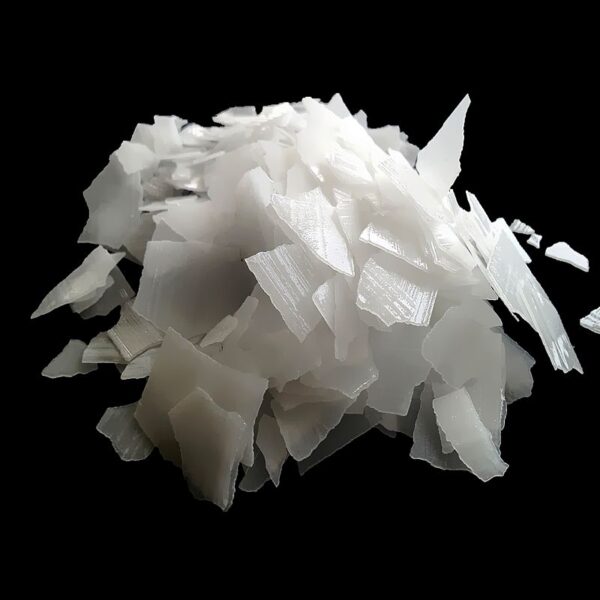Gasoline oil EN 590 specifies the requirements and test methods for diesel fuel with a sulfur content of up to 10 parts per million (ppm). Here are some key points about EN 590: Sulfur Content: The sulfur content in gasoline oil EN 590 is limited to a maximum of 10 ppm. This low sulfur content is crucial to reduce emissions of sulfur dioxide (SO2) during combustion, which helps in meeting environmental regulations and improving air quality. Cetane Number: The standard defines a minimum cetane number, which is a measure of the ignition quality of diesel fuel. A higher cetane number indicates better ignition characteristics.
Density: EN 590 specifies the density of the diesel fuel at 15 degrees Celsius. Density is an important parameter for fuel quality and combustion characteristics. Distillation Characteristics: The standard outlines the distillation characteristics of the fuel, including the boiling range. This information is important for understanding how the fuel will perform under different temperature conditions.
Cold Flow Properties: EN 590 includes requirements for the cold flow properties of diesel fuel, such as the cloud point and cold filter plugging point. These properties are critical in cold climates to prevent fuel gelling and ensure proper engine performance. FAME (Fatty Acid Methyl Ester) Content: The standard addresses the maximum allowable content of FAME, which is a biodiesel component. The inclusion of biodiesel in diesel fuel is a measure to promote renewable and sustainable energy sources.
Compliance with EN 590 is essential for diesel fuels used in road vehicles and non-road mobile machinery. It ensures that the fuel meets specified quality and performance standards, contributing to the efficient and environmentally responsible operation of diesel engines.




